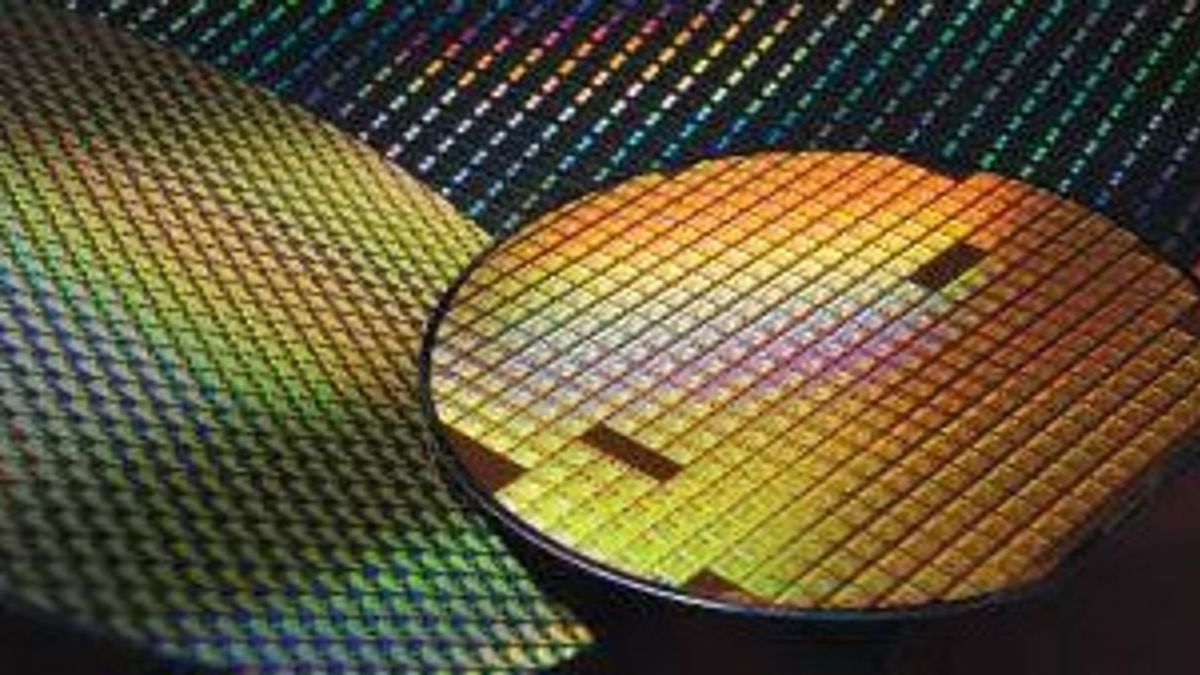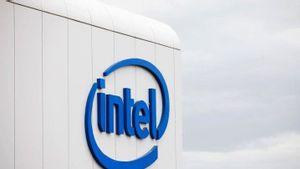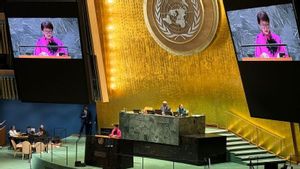JAKARTA - Russia's invasion of Ukraine not only had an impact on the space business and social media, but also significantly affected the global shortage of chipsets.
The main ingredient in making chipsets is neon, and half of the world's supply of neon is produced by Ukraine-based Ingas and Cryoin.
Both Ingas and Cryoin produce 45 percent to 54 percent of the world's semiconductor-grade neon which is critical for the lasers used in the chipset manufacturing process.
Under normal circumstances, Ingas produces 15.000 to 20.000 cubic meters of neon per month, with about 75 percent of it going directly to the chipset industry. According to market research firm Techcet, global production of neon stands at 540 metric tons per year.
It is known, these manufacturers have stopped their operations as Russia stepped up its attacks on the country, which could have a negative impact on the global supply of chipsets.
According to a report from Reuters, the shutdown of neon production could exacerbate chipset shortages globally. An analyst at research firm CFRA, Angelo Zino, argues that if the conflict persists, global chipset production could take a hit as estimates vary widely about the amount of neon stock chipset makers have.
"If stock runs out in April and the chipmaker doesn't have orders locked in other regions of the world, that likely means further constraints to the broader supply chain and an inability to manufacture the final product for many of its key customers," Zino said, cited from Digital Trends, Saturday, March 12.
SEE ALSO:
The report also says that Cryoin is said to be unable to fulfill an order for 13.000 cubic meters of neon this month unless the conflict between the two countries ends.
While companies can survive at least three months with factories closed, if equipment breaks down, there will be a greater strain on the company's finances and will make it difficult to restart operations quickly.
The company is also unsure whether it will be able to access additional raw materials to make neon. The disruption poses a dire threat to an industry that is just beginning its path to recovery from two years of pandemic-related supply chain shortages.
The shock from the shortage has led to production delays from auto businesses like the Ford F-150 to Apple-owned gadgets and pretty much everything in between.
The English, Chinese, Japanese, Arabic, and French versions are automatically generated by the AI. So there may still be inaccuracies in translating, please always see Indonesian as our main language. (system supported by DigitalSiber.id)













